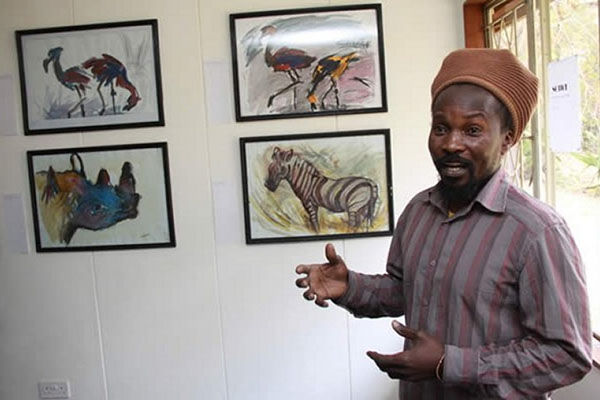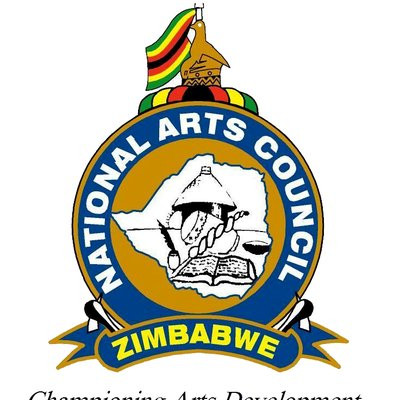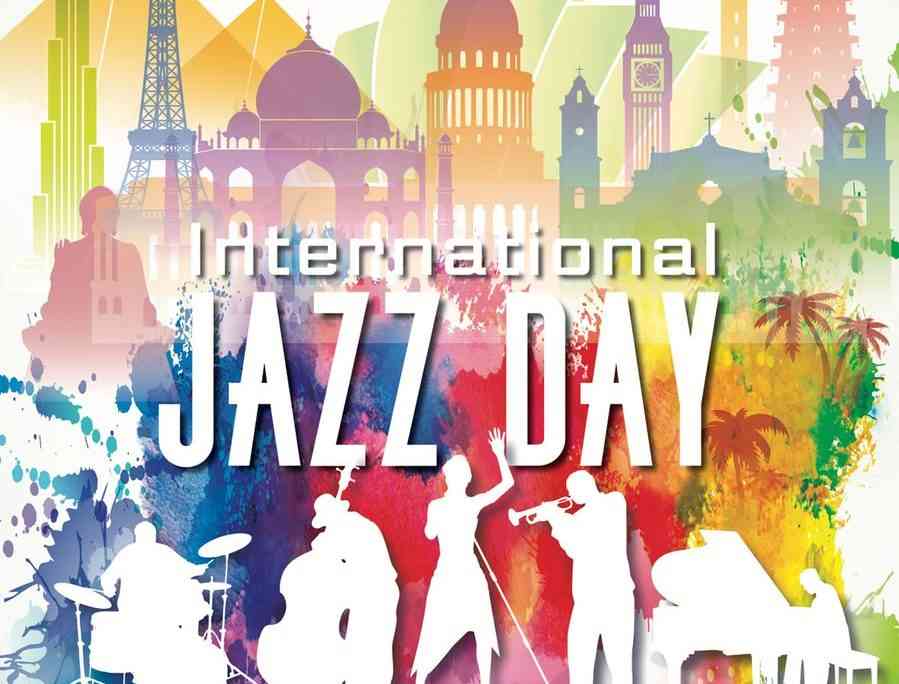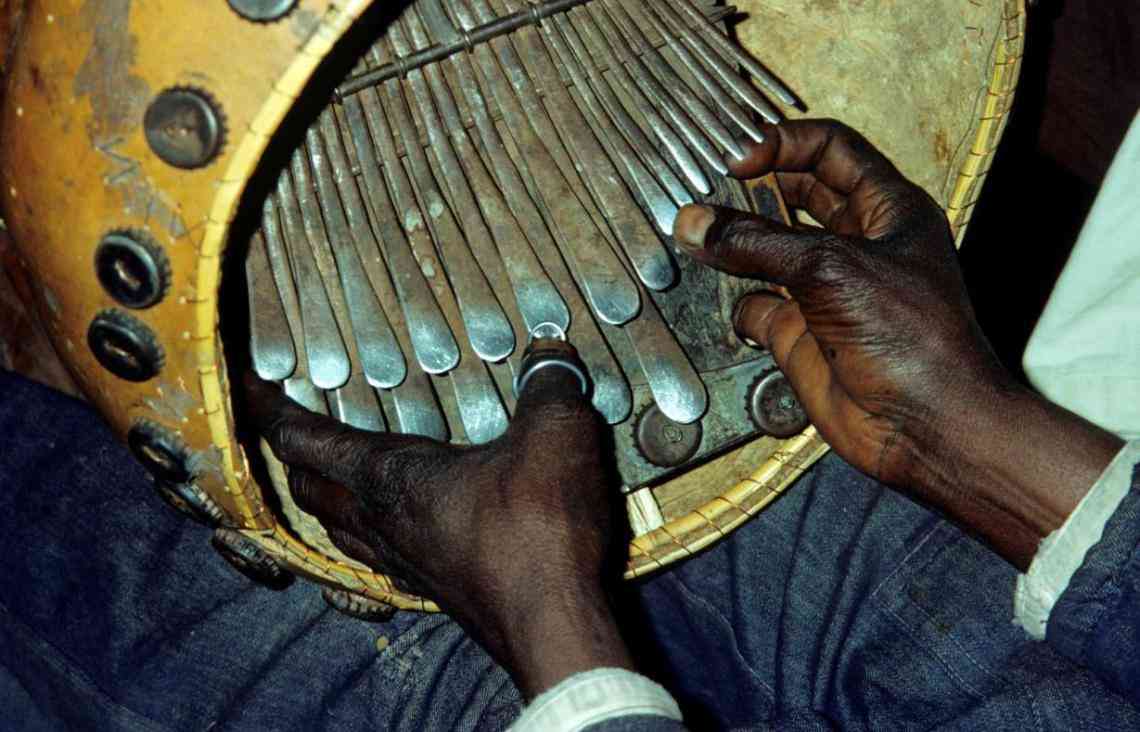
NATIONAL Museums and Monuments of Zimbabwe yesterday granted Dzimbanhete Arts Interactions permission to host the Festival of African Cultures (FESTAC) near Somerby camp, which is considered as a monument site.
BY IDAH MHETU
National Museums’ northern region director Godhi Bvocho said Dzimbanhete was located close to Somerby camp site, which is known for the rainmaking ceremonies, stone carvings and rock paintings for the bushman, so it was an ideal place for the fiesta.
“As the National Museums and Monuments of Zimbabwe concept of the African Cultural village is a good idea, the concert will be significant in portraying the Zimbabwean cultures and other countries,” Bvocho said.
“This will give other countries a chance to visit this camp site and learn more about our cultures.”

Dzimbanhete Arts Interactions founder, Chikonzero Chazunguza, said plans were underway to revive FESTAC, which was last held in 1977 in Nigeria.
The festival, dubbed FESTAC Mbira-Folk Sunsplash (2015) is scheduled for December although the exact date is yet to be finalised. It will be held in honour of President Robert Mugabe before he hands over the African Union chairmanship.
- Chamisa under fire over US$120K donation
- Mavhunga puts DeMbare into Chibuku quarterfinals
- Pension funds bet on Cabora Bassa oilfields
- Councils defy govt fire tender directive
Keep Reading
“My aim is to host this festival before our President hands over his chairmanship early next year as the main purpose for this event is to honour the President for being the AU chair,” he said.
He said the cultural fete will give 54 African countries an opportunity to showcase their cultures.
The festival was first held in Senegal in 1966 before Nigeria hosted the second edition in 1977.
Chazunguza said the event will create employment for the local communities while interactions with other cultures will impact the local approach to rural architecture, indigenous diet, African values and languages.











